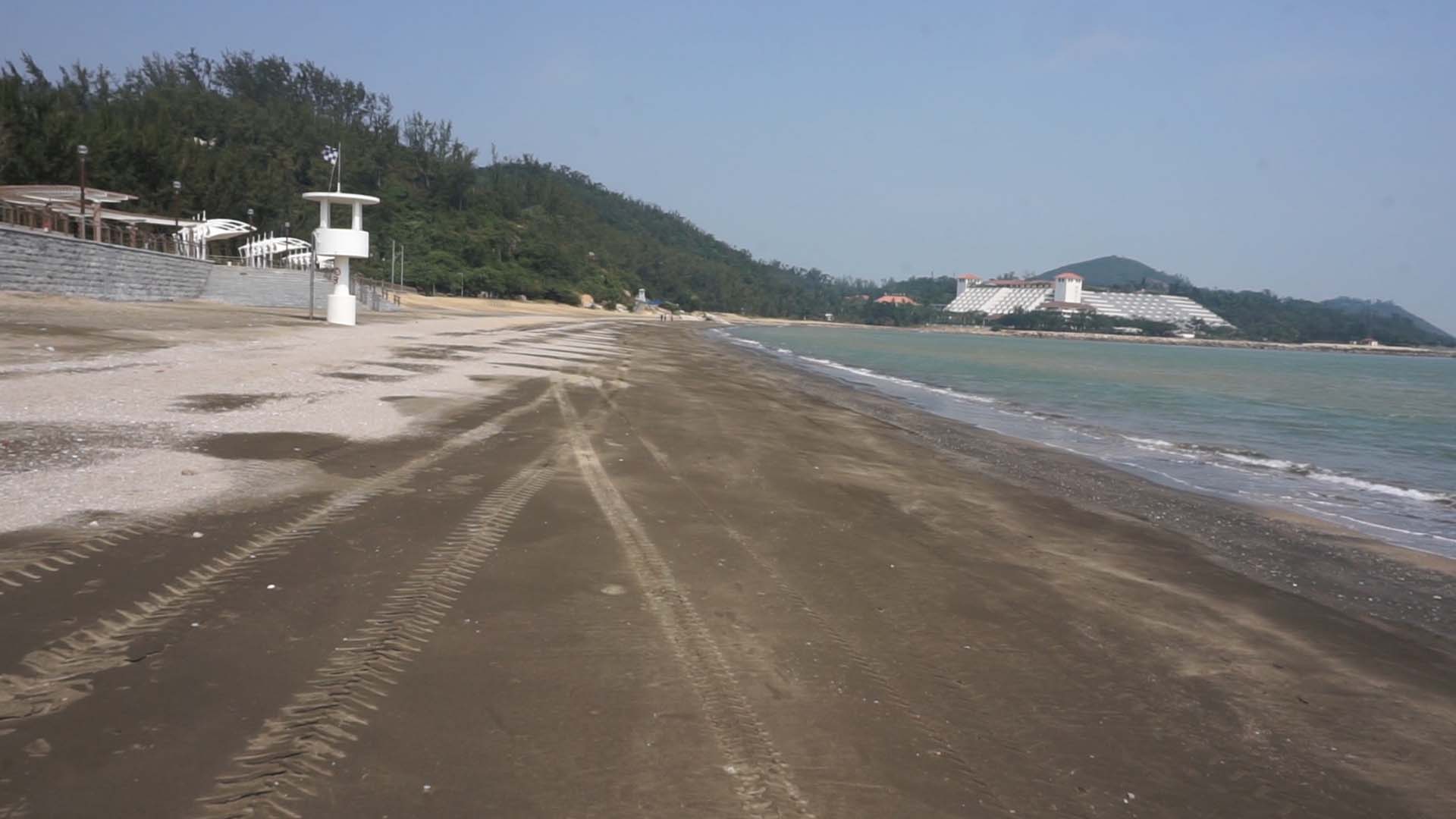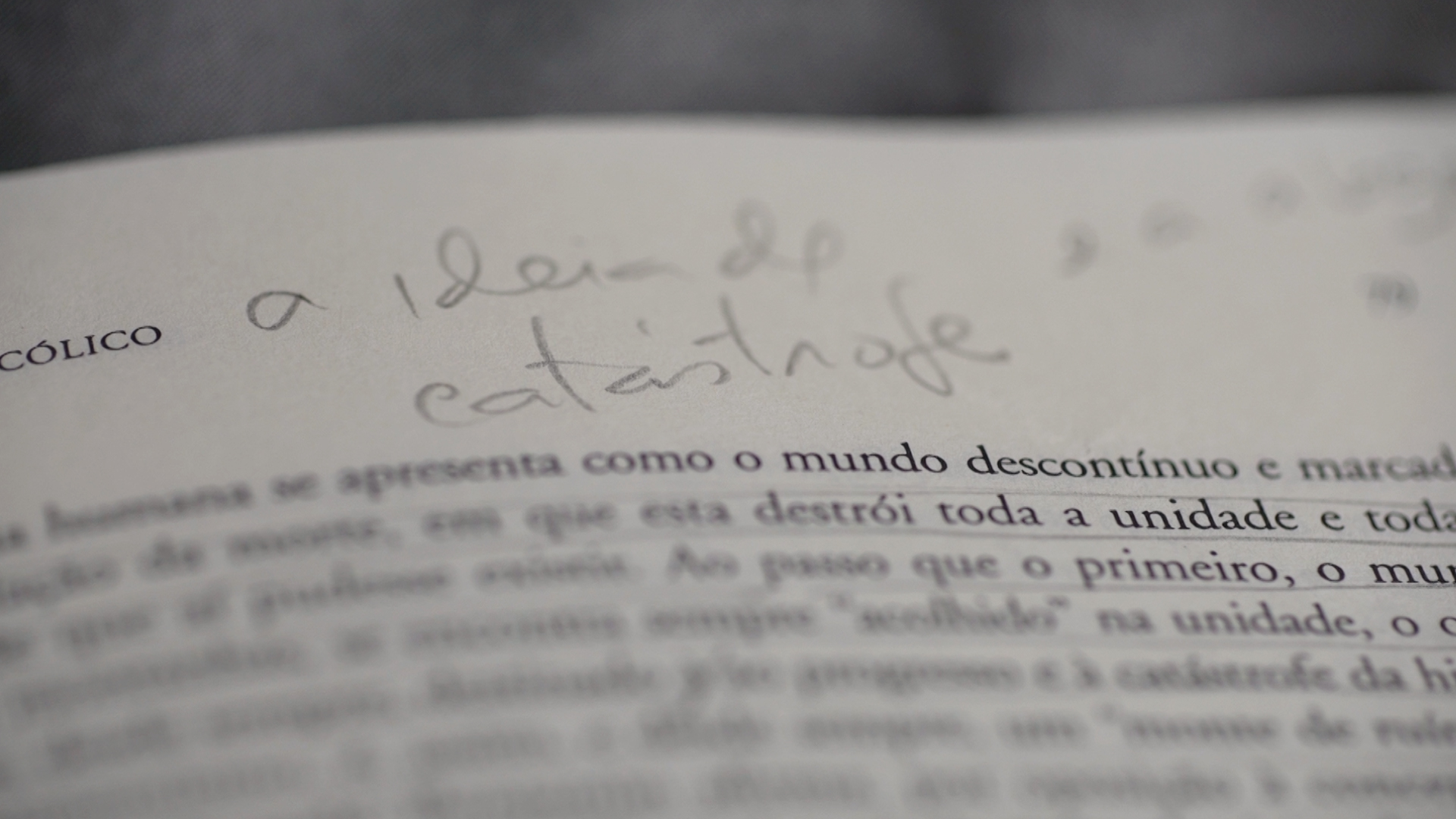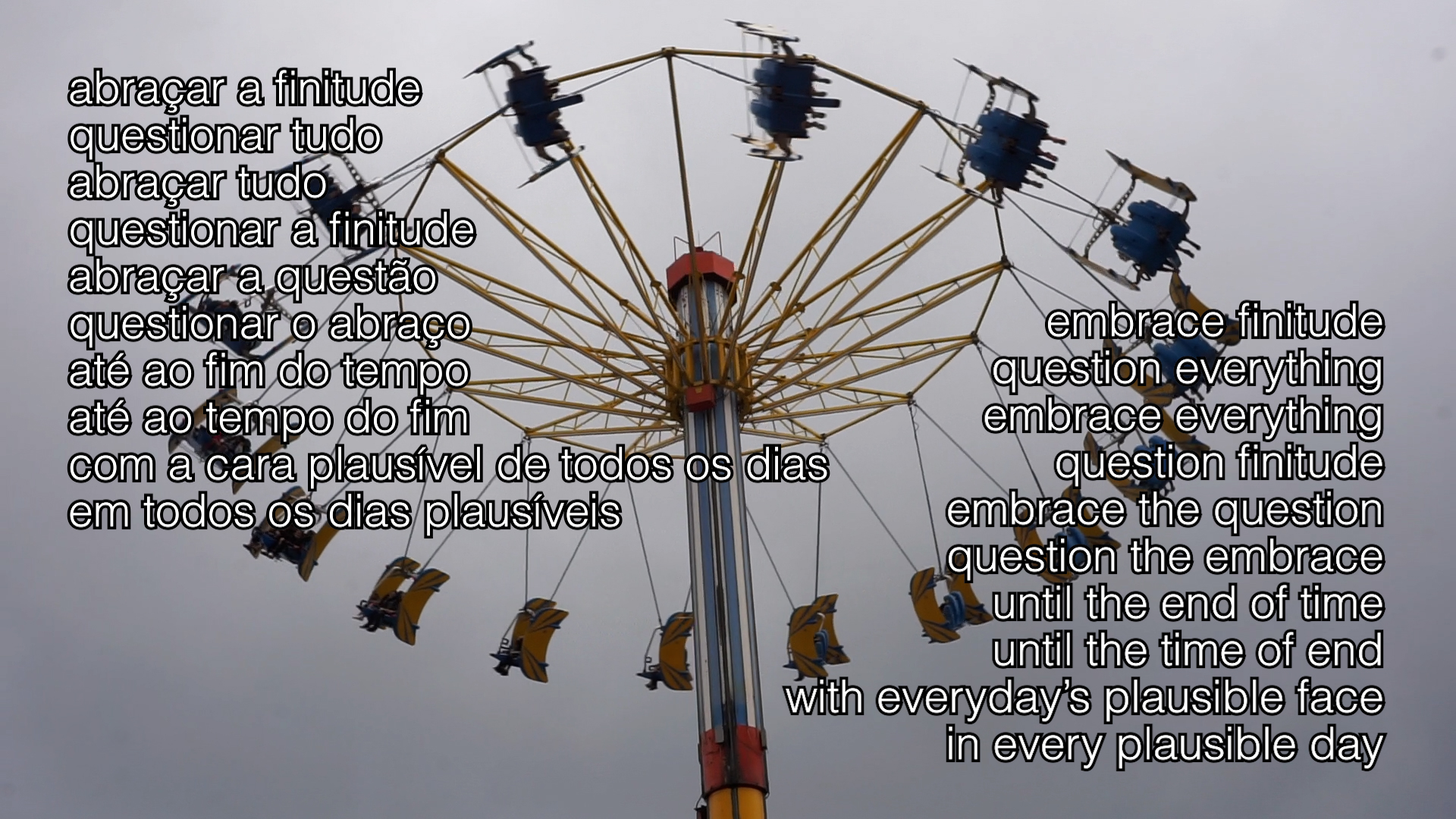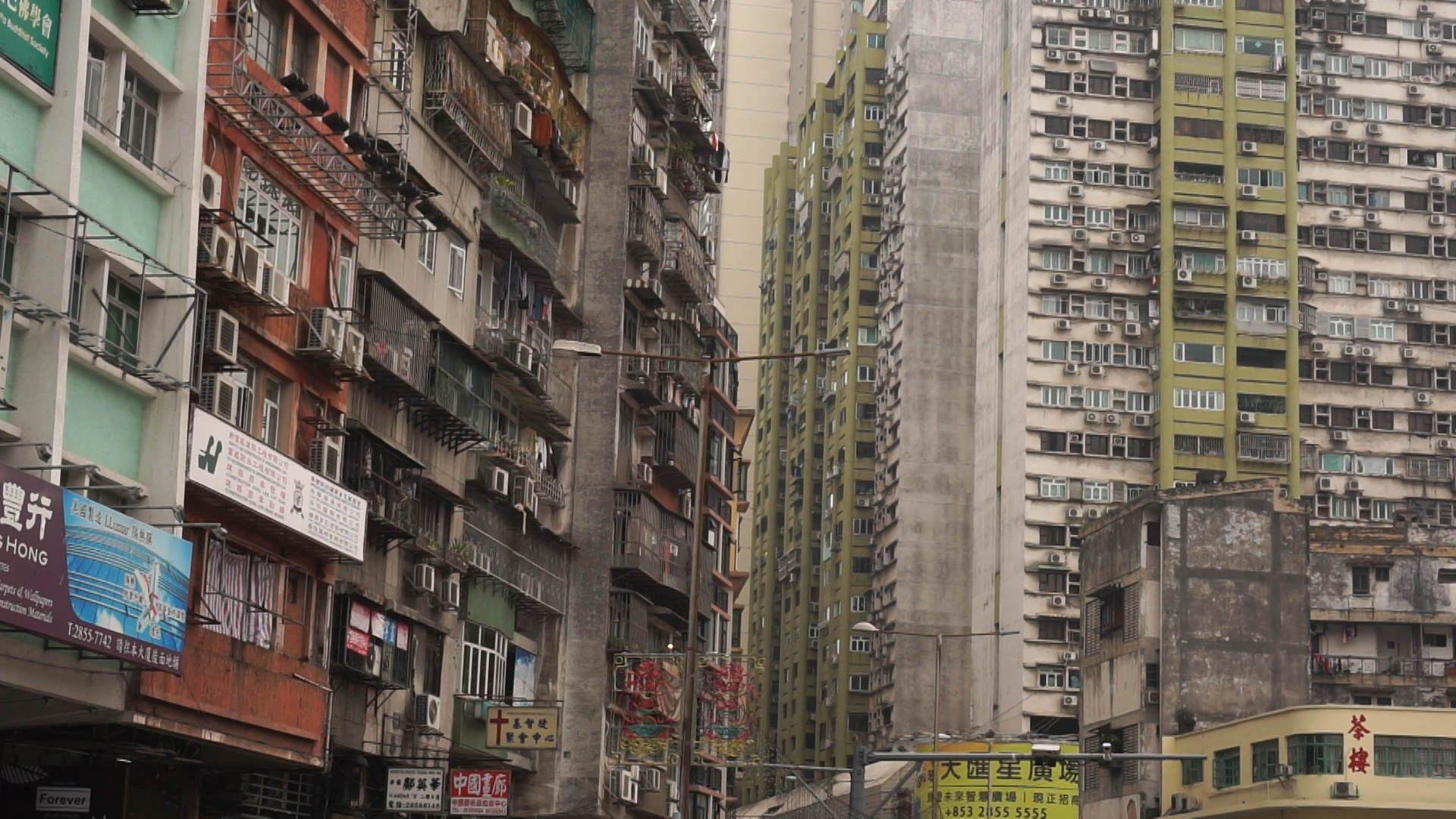Rita Macedo
Filmmaker, artist, and film programmer based in Berlin. Rita’s work fluidly traverses non-fiction, speculative narratives, and narrative disruption, exploring the unstable terrains of meaning and memory. Through a practice that resists fixed interpretation, the work investigates the shifting relationships between image, perception, and time.
Her work has been shown at numerous exhibitions and festivals, including, European Media Art Festival, Berwick Film and Media Art Festival, Hamburg Short Film Festival, IndieLisboa International Film Festival, Kasseler Dokfest, São Paulo International Short Film Festival, Encounters Short Film and Animation Festival, New Horizons International Film Festival, Curtas Vila do Conde, Encounters South Africa Documentary Film Festival, amongst others.
Artistic associate at Braunschweig University of Art since 2018.
Film programmer for the International Selection of European Media Art Festival (EMAF) since 2024.
rita.macedo.inbox[at]gmail[dot]com
@rita_void
Weeks of sand, months of ash, years of dust
Film • 19′ 20″ • sound (ST) • PT w/ EN subtitles • 2020
I look at you and I see your gaze devouring the world, but I have no idea what world is being devoured.
“Weeks of Sand, Months of Ash, Years of Dust” is a personal yet distant essay film on the instability of memory and the complexity of looking back. Weaving together the filmmaker’s childhood in the territory of Macao, the legacy of Portuguese imperialism, and the slow disappearance of her mother to dementia, the film interrogates how landscapes and bodies become sites of buried histories. A work about the unarchiving of invisible narratives, it asks how one remembers when memory is no longer reliable, and how one re-reads the past from within a present that is fragmenting in real time. Resisting narrative resolution, the film instead lingers in uncertainty, allowing gaps, repetitions, and silences to hold space for what cannot be retrieved. How does one gaze back?
The work unfolds as a layered inquiry into colonial histories, personal memory and the unstable geographies of historical transmission. It centers around Macao, a former Portuguese colony returned to China in 1999, whose territory has been physically reshaped through decades of infrastructural expansion. These engineered geographies mirror the film’s preoccupation with historical sedimentation and the continuous efforts to organize fractured narrations into coherent chronologies.
Having partly grown up in Macao, the filmmaker revisits both official and unofficial histories of the territory through a Portuguese perspective, considering the ideological constructions that frame them. The film thereby challenges dominant myths of benign imperialism, confronting the enduring narrative of Portugal as a “soft colonizer” and tracing how such framings disavow violence while sustaining post-imperial forms of affect and identity.
This parallels another collapse: the progressive disappearance of her mother through an early on-set frontotemporal dementia. Alongside the unstable terrain of historical narration, the mother’s loss of language and self become a second site of eroded continuity. Her completed, but never defended, doctoral work on orientalist representations in Portuguese cinema traces how cinema transforms a colonial past into aestheticized visibility and narrative comfort. The film does not merge these layers however, but leaves them adjacent to one another: official histories and personal memory, myth-making and forgetting, erasure by narrative and erasure by illness. In their convergence the question of how loss—of speech, of structure, of chronology—might become something other than absences gradually comes into focus.
Writing is central to the film’s methodology—not only as voice-over but as a structuring principle. Moving between essay, reflection, citation and theoretical fragment, the voice-over and on-screen text operate in shifting registers that mirror the instability of both landscape and memory. Language here acts as scaffold and rupture, at times analytical, at times lyrical. This formal oscillation—between prose and poetics—reflects the uneven terrain of the recollected Macao, a space layered with colonial mythologies, touristic reimaginings, and submerged personal geographies.
Across image and text, the film resists stable chronology. Instead, it proposes a kind of historiographic dérive: a movement through dislocated fragments, where meaning is suspended between what has been obscured and what cannot be fully retrieved.
Written, directed and edited by Rita Macedo • Camera Rita Macedo • Additional Camera Leonor Macedo • Text + Editing + Sound Rita Macedo • Original soundtrack by COOL FOR YOU • With the kind support of Berlin Senate Department for Culture and Europe



